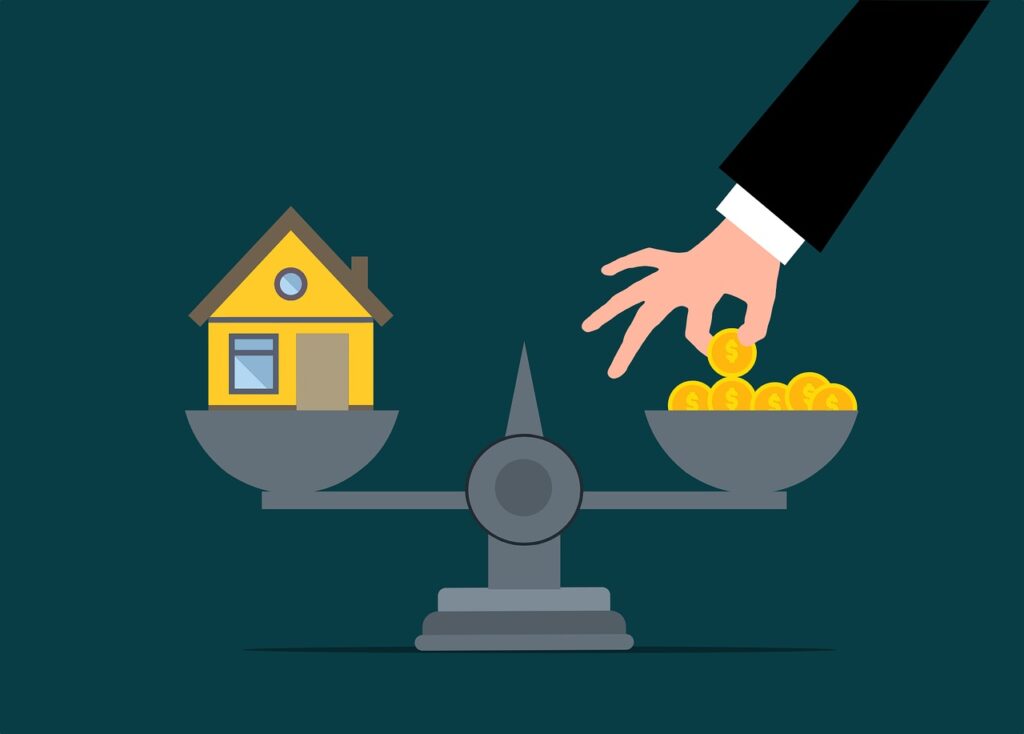A week ago, those hoping to hear good news on the Federal Reserve’s efforts to rein in inflation found themselves waiting awhile longer, as Chairman Jerome Powell said last week interest rates are likely to continue to climb higher than expected.
But with the even more recent banking crisis, the Federal Reserve is now being lobbied to pump the brakes on its plans to continue raising rates, as the Wall Street Journal reported Monday.
Powell said last week recent data has shown “inflation has reversed the deceleration it showed in late 2022,” according to a CNBC report, while warning of action ahead to slow the economy as a measure to control inflation.
“The latest economic data have come in stronger than expected, which suggests that the ultimate level of interest rates is likely to be higher than previously anticipated,” Powell said in remarks prepared for two appearances this week on Capitol Hill. “If the totality of the data were to indicate that faster tightening is warranted, we would be prepared to increase the pace of rate hikes.”
Powell’s comments follow in the wake of rising interest rates that have nearly doubled over the past year. Mortgage rates have followed suit, cooling off the hot real estate market that began in 2020 and continued through early 2022 before slowing considerably.
Those planning to soon purchase a home or later in the spring might want to speak with their lender about more than a preapproval letter. Locking in an interest rate before home mortgage rates are impacted by interest rate increases by the Federal Reserve is an option to be considered.
“A mortgage rate lock is an offer by a lender to guarantee the interest rate of your loan for a specified period of time,” a NerdWallet report explains. “The lender may charge an extra fee or include the cost of the rate lock in the loan. The lock period usually extends from initial loan approval, through processing and underwriting, to loan closing.
“Lock periods can be 30 days, 60 days or more for standard purchase mortgages.”
According to ICE Mortgage Technology, a mortgage industry data provider, the average time to closing for purchase mortgages was 50 days in the last six months.
Whether the Federal Reserve responds to calls for setting aside previously planned rates increases remains to be seen, but we encourage soon-to-be prospective homebuyers to have a conversation with their lender about the impacts rates are having on their buying power.
